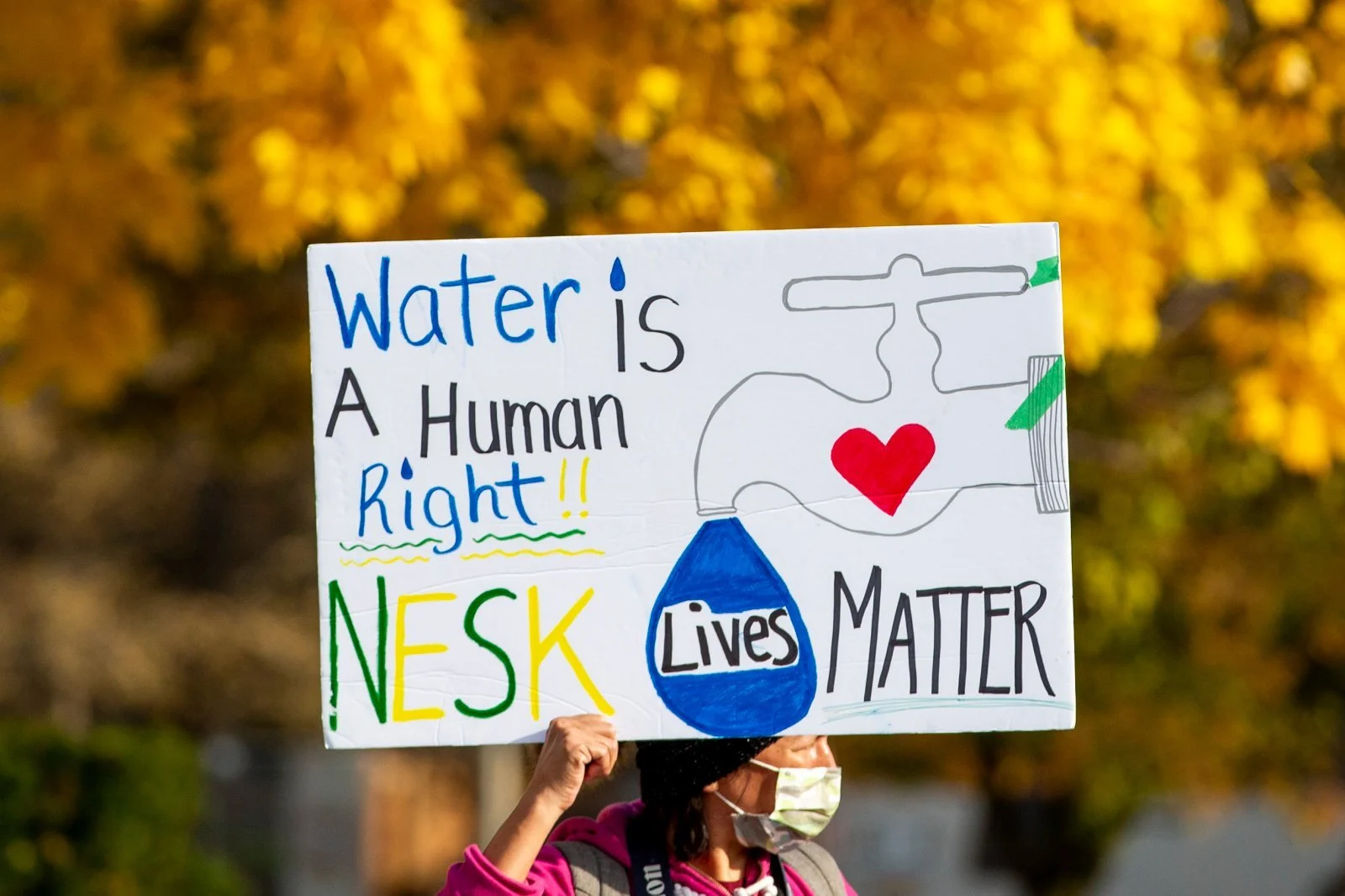The Town of Hay River will be receiving federal funding to cover half the cost of a feasibility study on the potential construction of a replacement water treatment plant and identification of other water treatment options. The federal government will provide $225,000 for the project under the Investing in Canada Infrastructure Plan. Another $225,000 will come from the town. The federal funding was announced on May 6.
Wet’suwet’en First Nation’s long-term boil water advisory lifted
The Wet’suwet’en First Nation’s long-term boil water advisory finally came to an end this March. In a news release issued by the First Nation, Chief Maureen Luggi and the elected council of the Wet’suwet’en First Nation announced that the long-term Permanent Boil Water Advisory for the nation had been lifted. The advisory was lifted on March 18. The ban had been in place since March 13, 2013 according to Indigenous Services Canada website and has now been resolved with upgrades to treatment processes and a feasibility study to determine long-term solution. The ban was put in place after arsenic was found in the water and the people were asked not to consume this water directly.
Lack of funding for piped water on First Nations in Sask. means some on reserves can’t drink from their taps
Rebecca Zagozewski, executive director with the Saskatchewan First Nations Water Association, says cisterns can pose health risks to those who rely on them. She says the structures can have cracked lids, which allows all sorts of debris to get into them — including rats, mice, drowned puppies and garbage — and they’re often not cleaned properly. On top of that, she says the Saskatchewan First Nations Water Association is concerned that there is no certification program for water truck drivers. The group wants to create such a program where drivers would have to be trained in how to keep the water safe and be held accountable if things go wrong. “Because right now there’s no accountability,” she says.
How colonial systems have left some First Nations without drinking water
Rebecca Zagozewski, executive director of the Saskatchewan First Nations Water Association, said she has seen contractors save on costs when building water treatment plants on reserves by using obsolete parts and failing to include maintenance manuals, ventilation or chemical rooms, and bathrooms. “Engineering companies will put in their bids obviously as low as they can go,” said Zagozewski.
'We matter like all other Canadians': Tataskweyak Cree Nation calls on Ottawa to restore clean drinking water
Tataskweyak Cree Nation (TCN) is one of more than 55 First Nation communities in Canada under a long-term boil water advisory and has been for the last four years. On Thursday, the First Nation’s Chief and NDP MP Niki Ashton called on Ottawa to restore clean drinking water. TCN has said the Canadian government has failed to deliver on the promise of clean drinking water for their community. “We can no longer ignore it anymore. We have to fight for our people," said TCN Chief Doreen Spence. "We matter like all other Canadians." Spence said they are left with no choice but to bring the issue – a basic human right – to the United Nations.
Coldwater band applies to Supreme Court of Canada over Trans Mountain expansion
A B.C. First Nation is applying to argue its case at the Supreme Court of Canada for the protection of its drinking water in relation to the Trans Mountain pipeline expansion. "This application is unlike any other proceeding concerning the Trans Mountain Pipeline Expansion Project," states the Coldwater application, filed on Friday. "It is about ensuring that the sole source of drinking water within the Coldwater Indian Band's reserve is protected."







